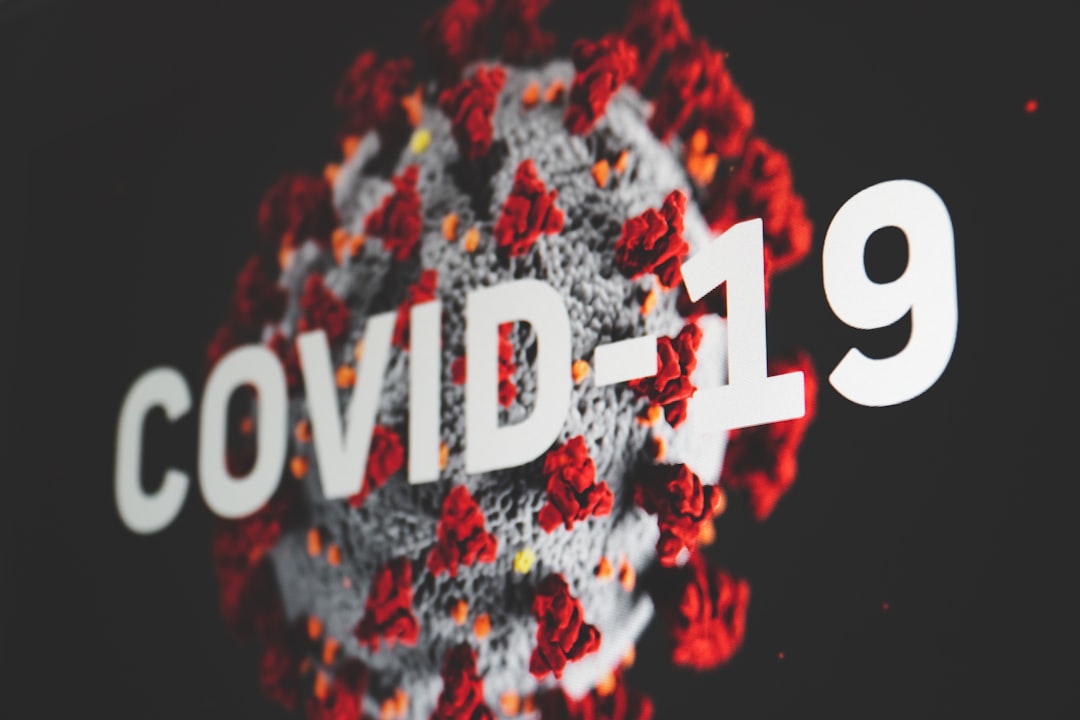What is it about?
This study detected the impact of maternal carbamazepine (CBZ) on the fetal neuroendocrine-cytokines axis. 25 or 50 mg/kg of CBZ was intraperitoneally administrated to pregnant albino rats from the gestation day (GD) 1 to 20. Both administrations of CBZ caused a hypothyroidism in dams and fetuses whereas the decreases in serum thyroxine (T4) and triiodothyronine (T3) and increases in serum thyrotropin (TSH) levels were highly significant (LSD; P < 0.01) at GD 20 compared to untreated control dams. Also, both administrations had undesirable impacts on the maternofetal body weight, litter weight, survival of dams and fetuses, and their food consumption in comparison to the corresponding control. These administrations also elicited a reduction in fetal serum growth hormone (GH), interferon- g (IFNg), interleukins (IL-2 & 4) and prostaglandin E2 (PGE2) levels. Also, the elevation in fetal serum tumor necrosis factor-alpha (TNFa), transforming growth factor-beta (TGFb), and interleukins (IL-1b & 17) levels was observed at embryonic day (ED) 20. Moreover, there were a cellular fragmentation, distortion, hyperemia, oedema and vacuolation in the fetal cerebellar cortex due to both maternal administrations. These developmental changes were dose-dependent. These novel results suggest that CBZ may act as a developmental immunoneuroendocrine disruptor.
Featured Image
Why is it important?
- Maternal CBZ might cause a materno-fetal hypothyroidism. - Maternal CBZ might distort the fetal HPTA and cytokines. - Maternal CBZ caused some cellular fragmentations in the fetal cerebellum. - Maternal CBZ might act as a fetal immunoneuroendocrine disruptor. - These alterations were dose-dependent.
Perspectives
Additional examinations are required to corroborate these results with the human health to maximize the maternal health and minimize the fetal risk. Future examinations are vital to exploring the impact of the maternal CBZ on the gene expression during the development.
Full Professor Ahmed R. G.
Division of Anatomy and Embryology, Zoology department, Faculty of Science, Beni-Suef University, Egypt.
Read the Original
This page is a summary of: Maternal carbamazepine alters fetal neuroendocrine-cytokines axis, Toxicology, May 2017, Elsevier,
DOI: 10.1016/j.tox.2017.03.002.
You can read the full text:
Resources
Contributors
The following have contributed to this page










